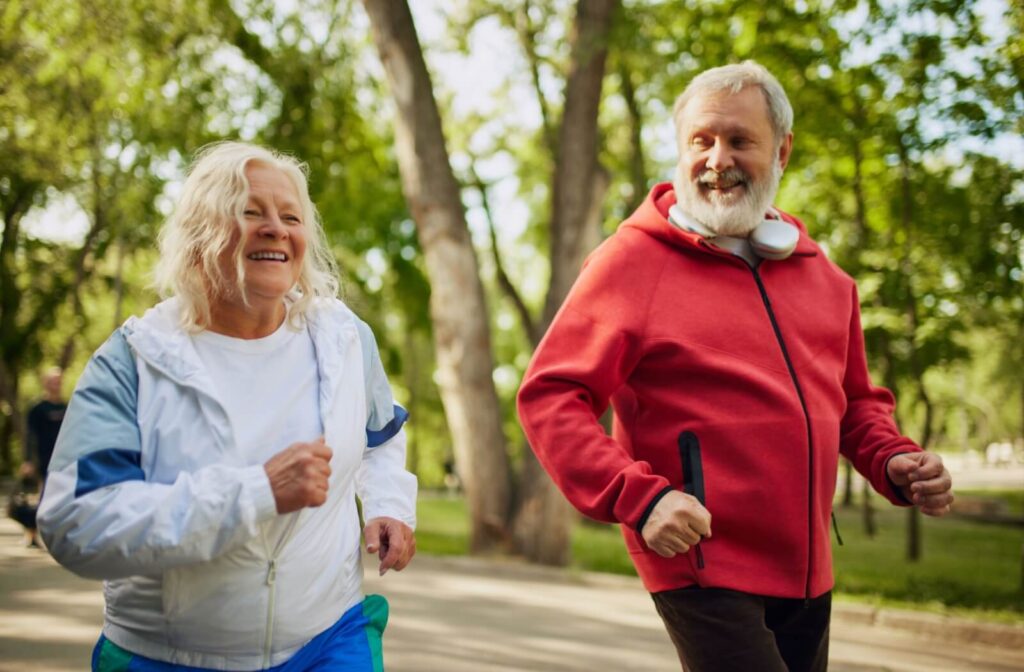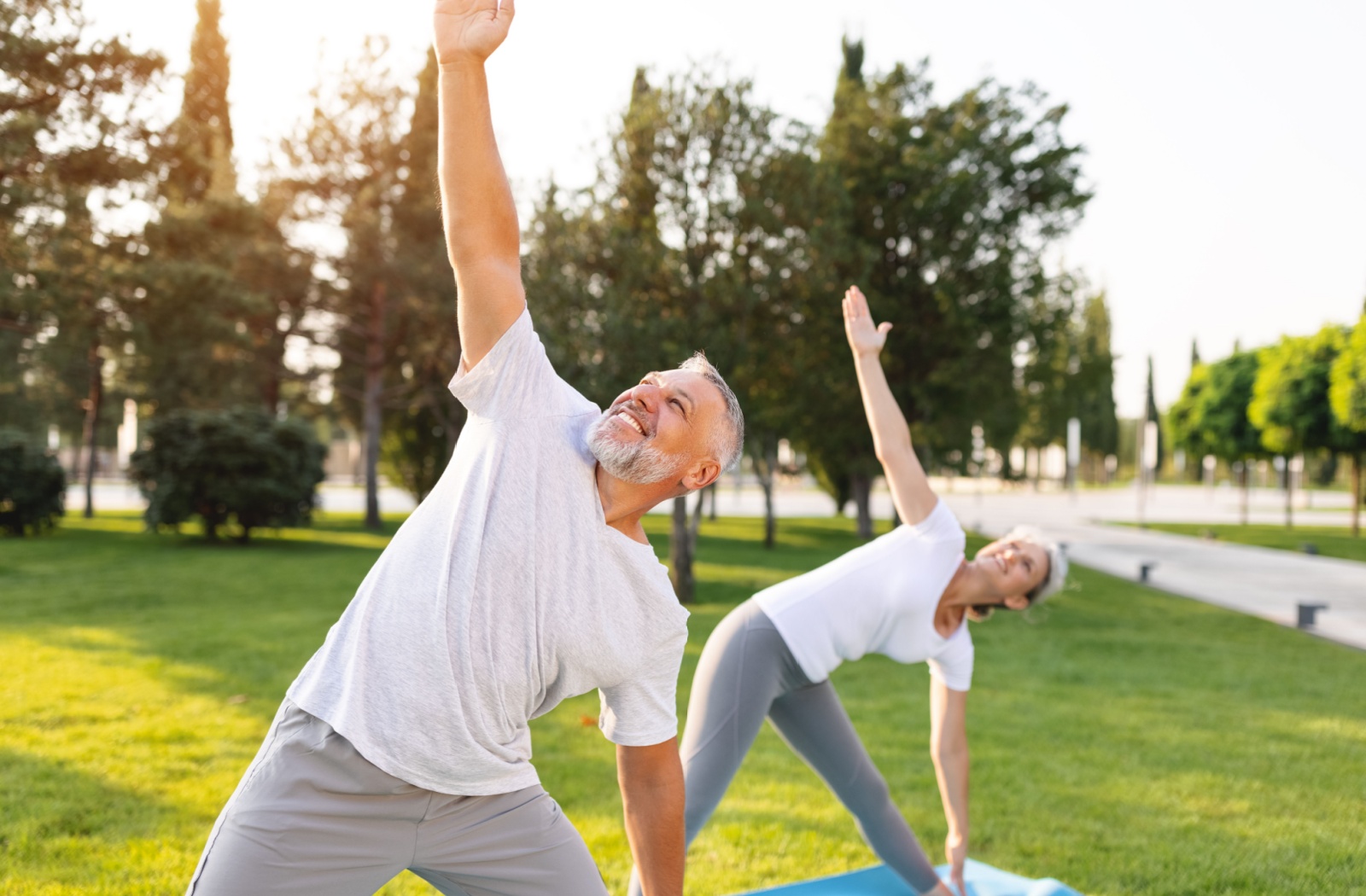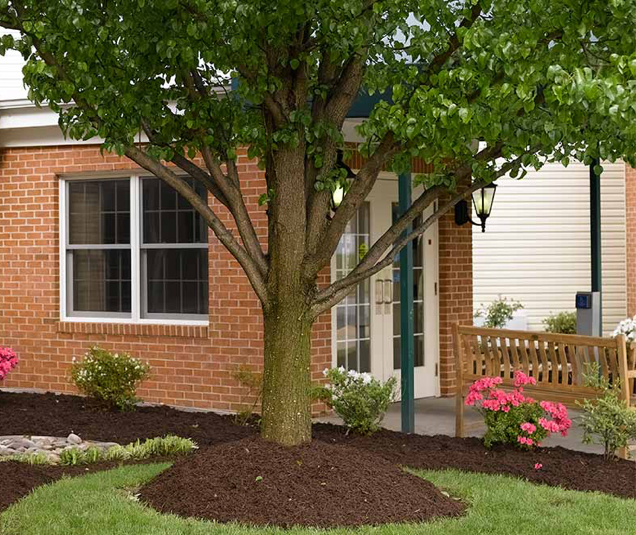Aging brings many changes, some of which are expected, like slower movement or graying hair. Others, like memory shifts, can feel more personal. While some forgetfulness is natural, that doesn’t mean we’re powerless. In fact, one of the most effective ways to support brain health is exercise.
Regular physical activity can support memory, improve focus, and contribute to healthier brain function in older adults.
For seniors, exercise goes beyond maintaining strength or balance. It can also help protect cognitive ability, boost mood, and enhance overall wellness. Embracing movement as part of daily life can make a meaningful difference in how older adults feel, think, and engage with the world around them.
Why Memory Changes With Age
Everyone forgets things now and then, like where they put their keys, why they walked into a room, or the name of an old acquaintance. These kinds of memory lapses become more common with age and are often linked to normal changes in the brain.
As the brain gets older, areas responsible for memory and learning may shrink slightly. Blood flow can also slow, and communication between neurons may not be as efficient. These changes can make it more difficult to retain new information or recall past details quickly.
That said, the brain has an amazing capacity to adapt and form new connections. This adaptability, known as neuroplasticity, can be supported by staying physically and mentally active.
Exercise & the Brain
Physical activity benefits more than just the body. It also stimulates chemical changes in the brain that can improve memory and mental clarity. Exercise increases circulation, which delivers oxygen and nutrients that help brain cells function.
It also encourages the release of neurotransmitters like dopamine and serotonin, which support focus and emotional balance. These changes can lead to better attention, sharper recall, and a stronger sense of well-being.
Consistent movement may also help delay age-related cognitive decline and support daily brain function, making it an essential part of healthy aging.
Exercises for Memory

There’s no single workout that’s perfect for brain health. Effective exercises are the kinds that elevate the heart rate, support circulation, and feel enjoyable to the individual.
A few great options include:
- Walking: Simple, accessible, and great for cardiovascular health.
- Swimming or water aerobics: Easy on joints while providing a full-body workout.
- Tai chi: Combines gentle movement with mindfulness and balance training.
- Yoga: Promotes flexibility, strength, and stress relief.
- Light strength training: Helps maintain muscle tone and functional mobility.
Everyday tasks like gardening or dancing can also support brain health when done consistently. The most important thing is to choose a movement that fits one’s lifestyle and ability level.
Movement & Social Connection
While solo activity is helpful, movement in group settings can offer even more benefits. When older adults exercise together, their motivation is increased, it creates a sense of routine, and valuable social interaction.
Staying socially connected supports emotional wellness, which in turn supports memory and focus. Whether it’s a group fitness class, a walking club, or simply stretching with a neighbor, shared activity can foster a deeper sense of belonging.
Social movement is also fun. Laughing, learning, and moving with others brings joy and structure to one’s day, and helps keep the brain engaged and resilient.
Tips to Stay Active
Creating an active lifestyle doesn’t have to be complicated. These tips can help make movement a daily habit that feels safe and enjoyable:
- Start small: Even 10 minutes of movement a day can provide noticeable benefits.
- Build a routine: Choose times of day that naturally fit with other habits.
- Make it enjoyable: Activities like dancing, stretching, or gardening all count.
- Change it up: Variety helps prevent boredom and reduces physical strain.
- Stay supported: Encouragement from friends, family, or a care team makes a difference.
Safety matters. Wearing supportive shoes, staying hydrated, and listening to your body are simple ways to make activity safer for seniors.
Sleep, Stress & Movement
Exercise does more than support memory, it also improves sleep and lowers stress. Older adults who move regularly tend to fall asleep faster, sleep more deeply, and wake up feeling more refreshed. Lower stress levels can reduce mental fatigue, leading to sharper thinking and better mood regulation throughout the day.
Wellness Through Movement
Memory support is about more than word games or reminders. It’s about preserving independence, identity, and connection, and movement plays a key role in that journey.
In communities where daily life includes gentle exercise, social opportunities, and stimulating programs, residents can feel more engaged and confident. Movement helps energize the mind, uplift mood, and supports routines that help give each day purpose.
If you’re exploring senior living options that prioritize memory support and well-being, connect with Peregrine Senior Living at Salisbury to schedule a tour and learn how we can help your loved one thrive.













February is American Heart Month, a time to focus on caring for the muscle that keeps us moving and thriving. 🫀
We encourage residents to take heart-healthy steps every day: enjoying balanced meals, staying active, connecting socially, and taking moments to rest and recharge.
Together, we can make heart health a daily celebration of life and well-being.
peregrinesalisbury.com/ ... See MoreSee Less
0 CommentsComment on Facebook
Want to stay connected with what’s happening across our community?
Follow us on Instagram for updates, moments we love, and stories worth sharing.
Come join the community by following us via the link below ⬇️
www.instagram.com/peregrinesalisbury/ ... See MoreSee Less
0 CommentsComment on Facebook
“Cooking is love made edible.” - Unknown 🍕
Memory Care residents made personalized pizzas for National Pizza Day! ... See MoreSee Less
0 CommentsComment on Facebook
Happy hour with Benny Rosa ... See MoreSee Less
0 CommentsComment on Facebook
Like flowers, we can also choose to bloom." — The Goddess
Assisted Living Residents made tissue flowers 🌸 ... See MoreSee Less
0 CommentsComment on Facebook
This month, we celebrate the incredible achievements, resilience, and cultural richness of Black Americans who have shaped our history and continue to inspire our future.
We believe in honoring every story and embracing the diverse experiences that strengthen our community. May this month remind us all to listen, learn, and uplift—today and always.
peregrinesalisbury.com/ ... See MoreSee Less
0 CommentsComment on Facebook
... See MoreSee Less
0 CommentsComment on Facebook